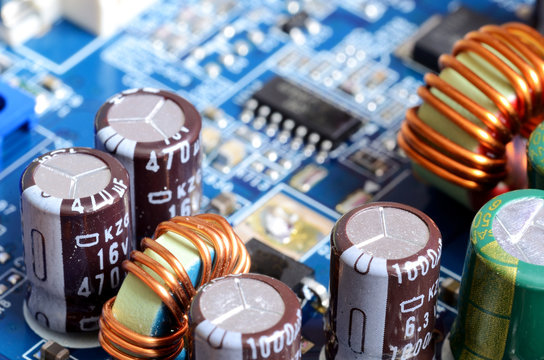Power electronic converters are vital components in modern electrical systems, enabling efficient control and conversion of electrical power across a wide range of applications.
Their design involves the development of innovative topologies, ensuring optimal performance, reliability, and efficiency. Depending on the application (e.g., renewable energy systems, electric vehicles, and power supplies), trade-offs between size, weight, and energy conversion efficiency should be made to achieve compact and cost-effective solutions.
Accurate models are crucial for simulating performance, analyzing stability, and designing the control. Advanced control techniques are used to achieve high performance in terms of efficiency, stability, and dynamic response. The control algorithms are implemented in digital signal processors (DSPs) or microcontrollers, allowing for real-time optimization of converter operation under varying conditions.
Together, the design, modeling, and control of power electronics ensure that systems perform efficiently, reliably, and with the flexibility to adapt to the growing demands of modern energy and industrial infrastructures.
